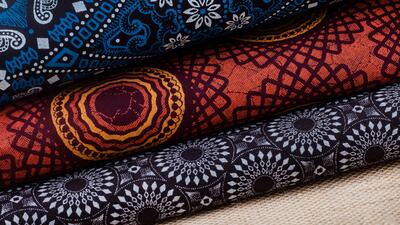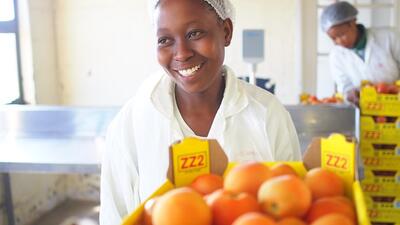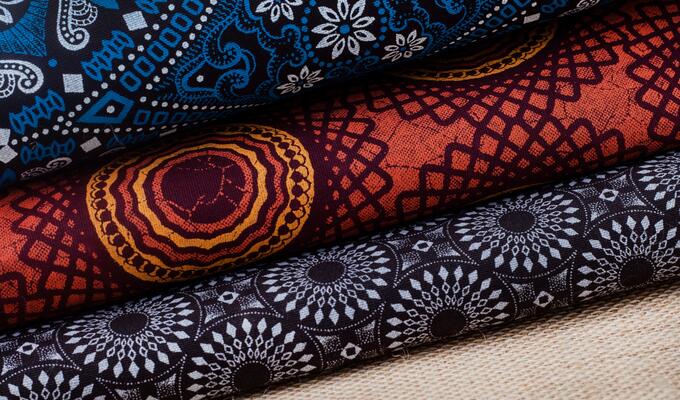
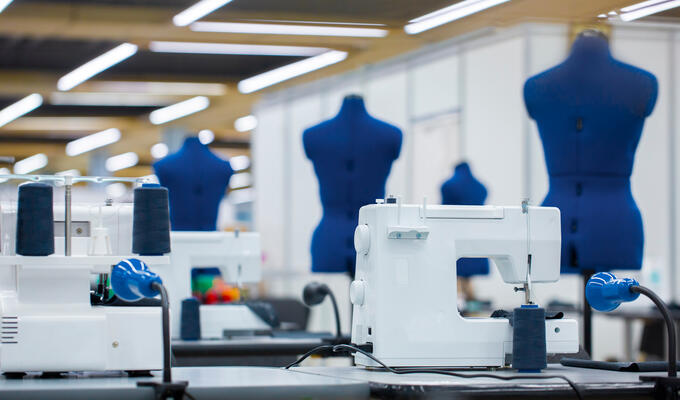
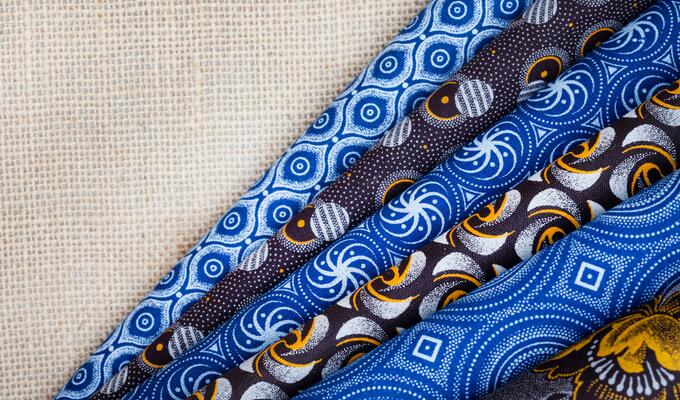
Lesotho set for gains in textiles under new project with ITC and ILO
Textiles and clothing are Lesotho’s biggest exports. The new project looks at how to make the country’s products more competitive while fostering decent work conditions.
The International Trade Centre (ITC) and the International Labour Organization (ILO) are working closely with the Government of Lesotho on the project, called the Expanding Enterprise Participation in the Textile and Clothing (T&C) Global Value Chain Project.
Currently in its inception phase, the project is working with Government and industry to identify key challenges and opportunities for small businesses working in clothing and textiles.
Strengthening industry dialogues
That work stretches from policy analysis to site visits to factories, both locally owned and foreign. These visits give critical understanding into the industry’s landscape, as they allow for a firsthand assessment of the factories' key needs. These insights will inform the project’s strategy.
The ILO will then work with its Sustaining Competitive and Responsible Enterprises (SCORE) programme, which improves working conditions in factories through classroom training and on-site consulting. ITC will work with its Global Textile and Clothing (GTEX) programme, which encourages small businesses to grow their exports to boost incomes and create jobs.
The way forward: sector analysis for targeted interventions
As a next step, the ILO and ITC will deepen their analysis by mapping how Lesotho’s textile and clothing products move through the value chain, from factory floors to end consumers.
This will scrutinize the constraints faced by business support organizations and enterprises, while also examining how the industry is structured. Then the project will conduct a detailed trade flow analysis alongside a scoping exercise of the leather and footwear. These analyses will explore market demand and requirements, while profiling and evaluating the performance of select enterprises. The ultimate goal is to pinpoint areas for intervention, so that targeted strategies can make the industry more competitive and sustainable.
Deep dives to improve working conditions and production
At the factory level, the project aims to improve working conditions, workforce management, occupational safety and health, resource efficiency, and clean production practices.
ITC’s GTEX programme will ensure companies find way to capture additional value from their products, both before and after their production. Additionally, GTEX will link local business support organizations with international networks. Targeted training and advice will offer ways to make textile and clothing businesses more competitive and productive. These efforts will strengthen linkages within the sector, laying the foundation for a more competitive and sustainable industry.
About the project
The Expanding Enterprise Participation in the Textile and Clothing (T&C) Global Value Chain Project is a sub-component of the Lesotho Competitiveness and Financial Inclusion Project, funded by the World Bank. The project will run until 2028.




